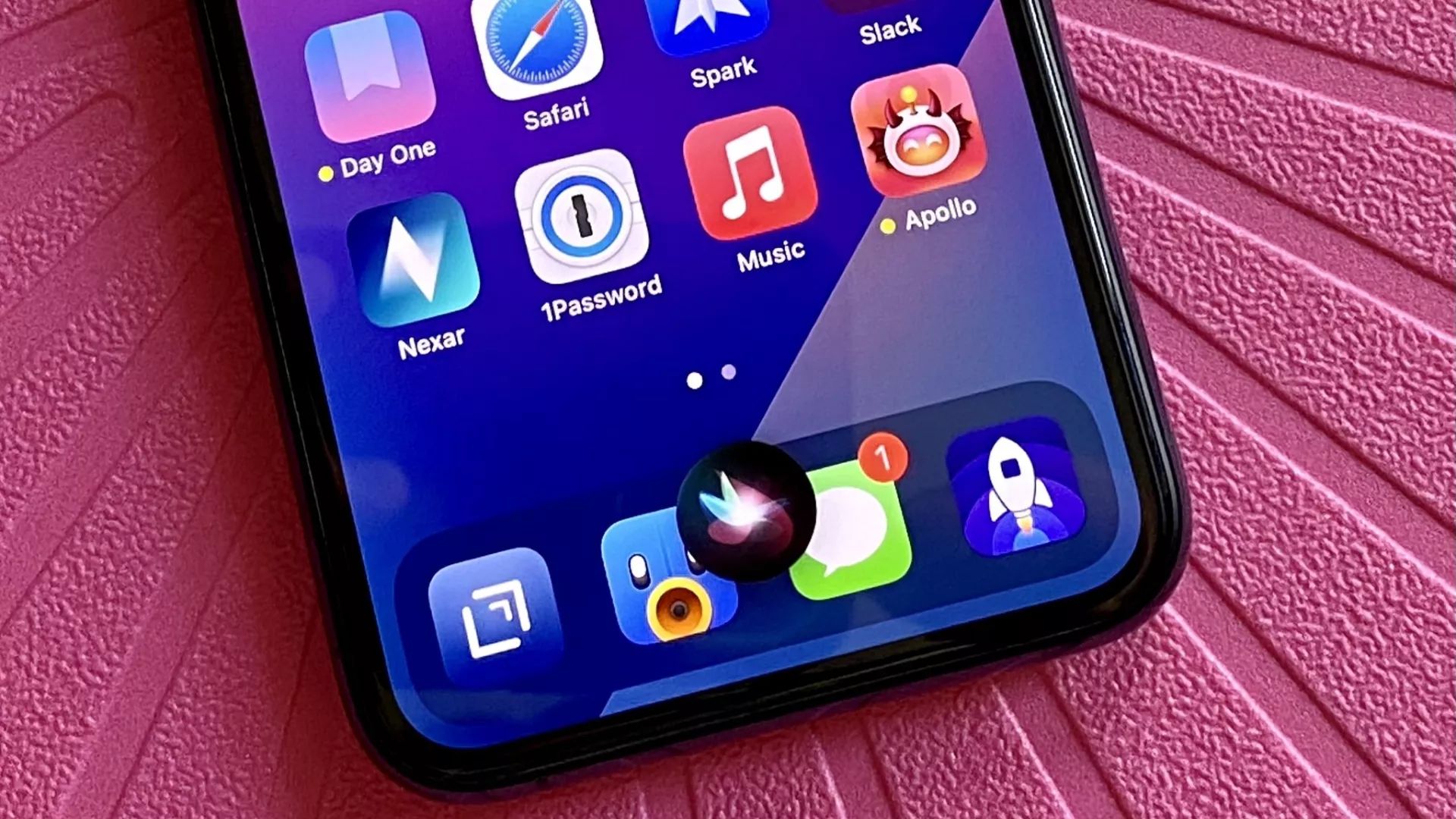
Siri hasn’t had the best record of understanding its users' voice requests, but according to Patently Apple, it looks like it could be about to improve, with a new patent that would let it translate your words just by recognizing the movement of your jaw.
It’s no secret that Siri is lagging behind other assistants such as Google’s Assistant on Android, while AI-powered chatbots like ChatGPT appear even further advanced. While iOS 17 gives Siri some new features, such as being able to read out websites within Safari, its accuracy still pales in comparison to others.
But one area where Apple excels at is accessibility, and this patent looks to supercharge Siri for those with speech impediments.
Accessibility could be Siri’s trump card

Patent application 20230245657 goes into detail on this concept. It describes it as “Recognizing a voice input using motion sensing,” which “provides an intuitive and efficient approach for controlling an electronic device.”
“When a user speaks, the user's mouth, face, head, and neck move and vibrate” explains the patent filing “Motion sensors such as accelerometers and gyroscopes can detect these motions while expending relatively little power compared to audio sensors such as microphones.”
This technology could be integrated into headphones, such as AirPods Max and Beats Studio Pro, which could use onboard sensors to translate the movement of your jaw as you wear them, returning the information to Siri, which could in turn reply to a message for example, or start playing a podcast.
The idea could also expand to Apple’s Vision Pro headset. If you’re on a plane and watching a film while wearing the new headset, you could use this feature to silently skip a scene or turn on subtitles, without bothering others by speaking these requests out loud.
There are plenty of possibilities here, but it’s those that take advantage of accessibility features that could benefit the most. Siri desperately needs some positive new features after years of having a reputation for being underpowered and unreliable. And this feature could be the starting point to help turn this perception around.







